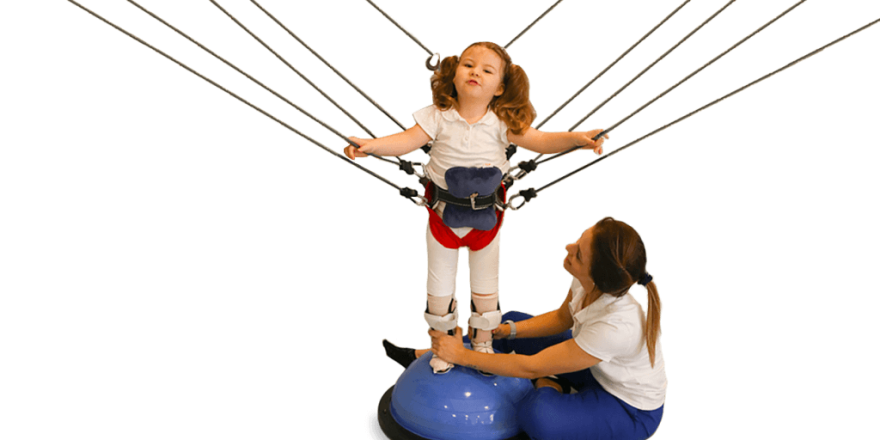Implementing Therapies At A Pediatric Autism Center
In a pediatric autism center, the implementation of therapies requires a multidisciplinary approach tailored to the unique needs of each child. Autism spectrum disorder (ASD) is a complex neurodevelopmental condition that affects individuals differently, requiring inclusive interventions to address various aspects of development, communication, behavior, and social interaction. Here’s how therapies are implemented at a pediatric autism center to provide holistic support for children with ASD:
Early intervention services:
Early intervention is crucial for children with autism to increase their developmental strength and improve long-term outcomes. Pediatric autism centers offer a range of early intervention services tailored to the specific needs of young children, including speech therapy, occupational therapy, physical therapy, and applied behavior analysis (ABA) therapy. These therapies focus on promoting communication, sensory integration, motor skills, and socialization from an early age.
Applied behavior analysis (ABA) therapy:
ABA therapy is considered the gold standard of treatment for children with autism and is widely implemented in pediatric autism centers. ABA therapy uses evidence-based principles to teach new skills, reduce challenging behaviors, and promote positive behavior change. Highly trained behavior analysts work with children individually or in small groups to target specific goals and objectives, using techniques such as reinforcement, prompting, shaping, and fading.
Speech and language therapy:
Many children with autism experience difficulties with communication and language development. Speech and language therapy are important components of intervention at a pediatric autism center, focusing on improving verbal and nonverbal communication skills, expressive and receptive language abilities, pragmatic language skills, and social communication. Speech therapists use a variety of techniques, including augmentative and alternative communication (AAC) systems, to support language development in children with autism.
Occupational therapy:
Occupational therapy addresses sensory processing difficulties, fine and gross motor deficits, self-care skills, and adaptive behaviors commonly observed in children with autism. Occupational therapists work with children to improve sensory regulation, motor coordination, handwriting, self-help skills, and participation in daily activities. Therapy sessions may include sensory integration activities, motor planning tasks, play-based interventions, and environmental modifications to support children’s functional abilities.
Social skills training:
Social skills training are essential for helping children with autism develop the social skills necessary for successful interactions and relationships. Group therapy sessions, social skills groups, and structured play activities provide opportunities for children to practice social communication, turn-taking, perspective-taking, empathy, and friendship skills in a supportive and structured environment. Social skills training also helps children learn appropriate social cues, understand social norms, and steer social situations effectively.
